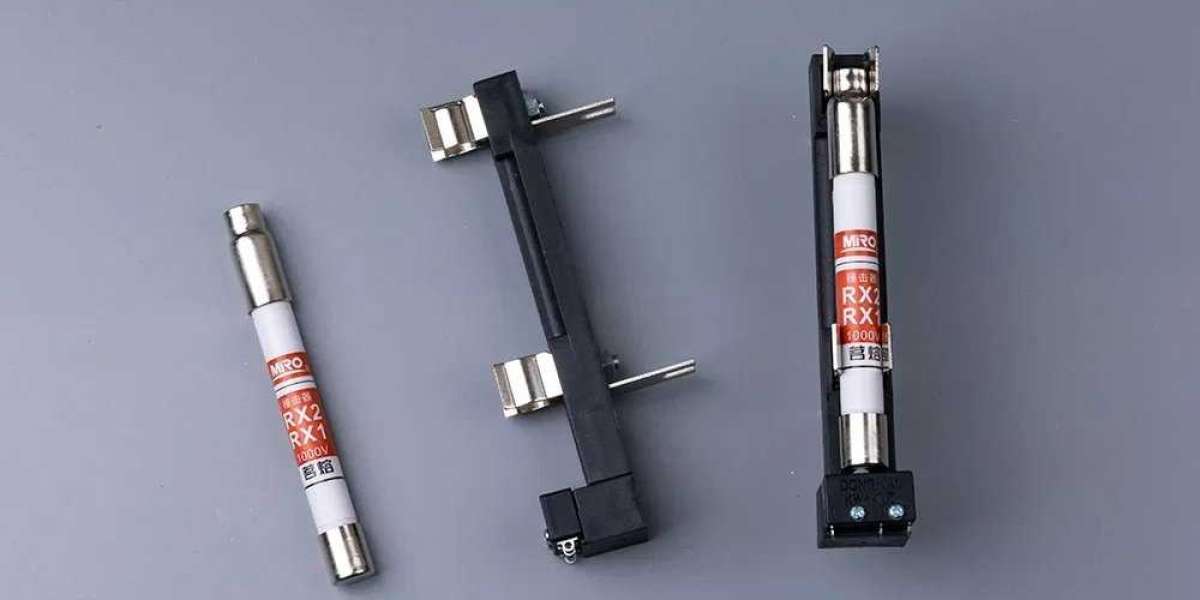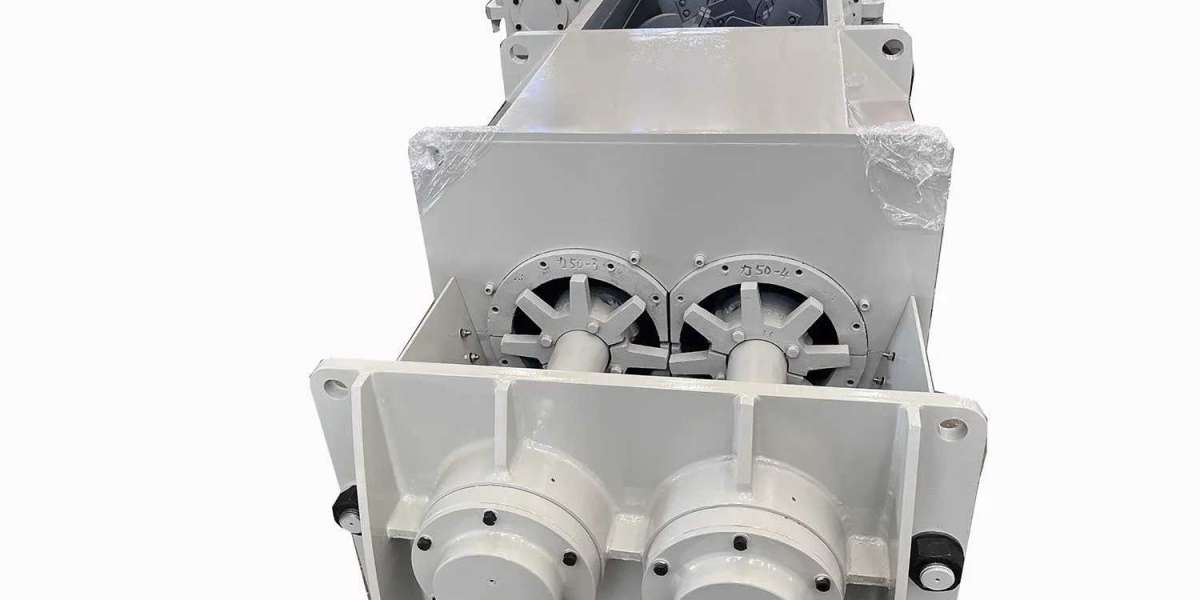Fuse alarm systems are essential components in electrical systems, providing protection against electrical faults and potential hazards. Selecting the right fuse alarm system requires careful consideration of various factors to ensure optimal safety and functionality. In this comprehensive guide, we will explore the key aspects to consider when choosing a fuse alarm system, empowering you to make an informed decision for your specific needs.
I. Understanding Fuse Alarm Systems
Before delving into the selection process, let's gain a clear understanding of what https://www.mirofuses.com/Fuse-Alarms.htmlare and how they work.
Purpose and Function:
Fuse alarm systems are designed to monitor electrical circuits for abnormalities and provide an alert in the event of a fuse failure or electrical fault. They play a crucial role in preventing equipment damage, fire hazards, and electrical accidents.
Working Principle:
Fuse alarm systems typically consist of a monitoring unit and sensors. The sensors detect changes in current, voltage, or temperature associated with faults or fuse failures. The monitoring unit receives signals from the sensors and triggers an alarm or visual indicator to alert operators.

II. Factors to Consider when Choosing a Fuse Alarm System
To ensure the right fuse alarm system is selected, several important factors should be taken into account.
System Compatibility:
Consider the compatibility of the fuse alarm system with your electrical system. It should be compatible with the voltage, current rating, and type of fuses used. Additionally, ensure the system integrates seamlessly with the existing electrical infrastructure to avoid any compatibility issues.
Types of Sensors:
Different types of sensors are available for fuse alarm systems, including current sensors, voltage sensors, and temperature sensors. Evaluate your specific requirements and select sensors that are suitable for the type of faults or abnormalities you want to detect.
Alarm Types and Notifications:
Consider the alarm types and notification methods provided by the fuse alarm system. Common options include audible alarms, visual indicators, and remote notifications via email or SMS. Choose a system that offers clear and easily distinguishable alarms to ensure prompt response and appropriate actions.
Monitoring Capabilities:
Evaluate the monitoring capabilities of the system, such as real-time monitoring, historical data logging, and remote access. These features provide valuable insights into your electrical system's performance and enable proactive maintenance and troubleshooting.
User-Friendly Interface:
A user-friendly interface is crucial for effective operation and monitoring. Look for a fuse alarm system that offers an intuitive interface, easy-to-understand data visualization, and clear status indications to facilitate efficient monitoring and troubleshooting.
III. Installation and Maintenance Considerations
When choosing a fuse alarm system, it is important to consider installation and maintenance requirements.
Ease of Installation:
Select a fuse alarm system that is easy to install and configure. This will minimize installation time and potential disruptions to your electrical system.
Maintenance and Support:
Consider the maintenance requirements and availability of technical support for the chosen fuse alarm system. Regular maintenance, including sensor calibration and software updates, helps ensure accurate and reliable operation.
Expandability and Scalability:
Evaluate the system's expandability and scalability options. It should be capable of accommodating future changes or expansions in your electrical system without requiring significant modifications or replacements.

Conclusion
Choosing the right fuse alarm system is crucial for safeguarding your electrical system and ensuring the safety of personnel and equipment. By considering factors such as system compatibility, sensor types, alarm notifications, monitoring capabilities, and user-friendly interfaces, you can select a system that meets your specific requirements. Additionally, installation and maintenance considerations, including ease of installation and availability of support, are vital to ensure seamless integration and long-term functionality. By following this comprehensive guide, you can make an informed decision and invest in a fuse alarm system that guarantees optimal safety and protection for your electrical system.
MIRO is a leading manufacturer of fuse alarm system. Our products are designed to provide reliable overcurrent and short circuit protection. If you need to know more about our products, please contact us.








